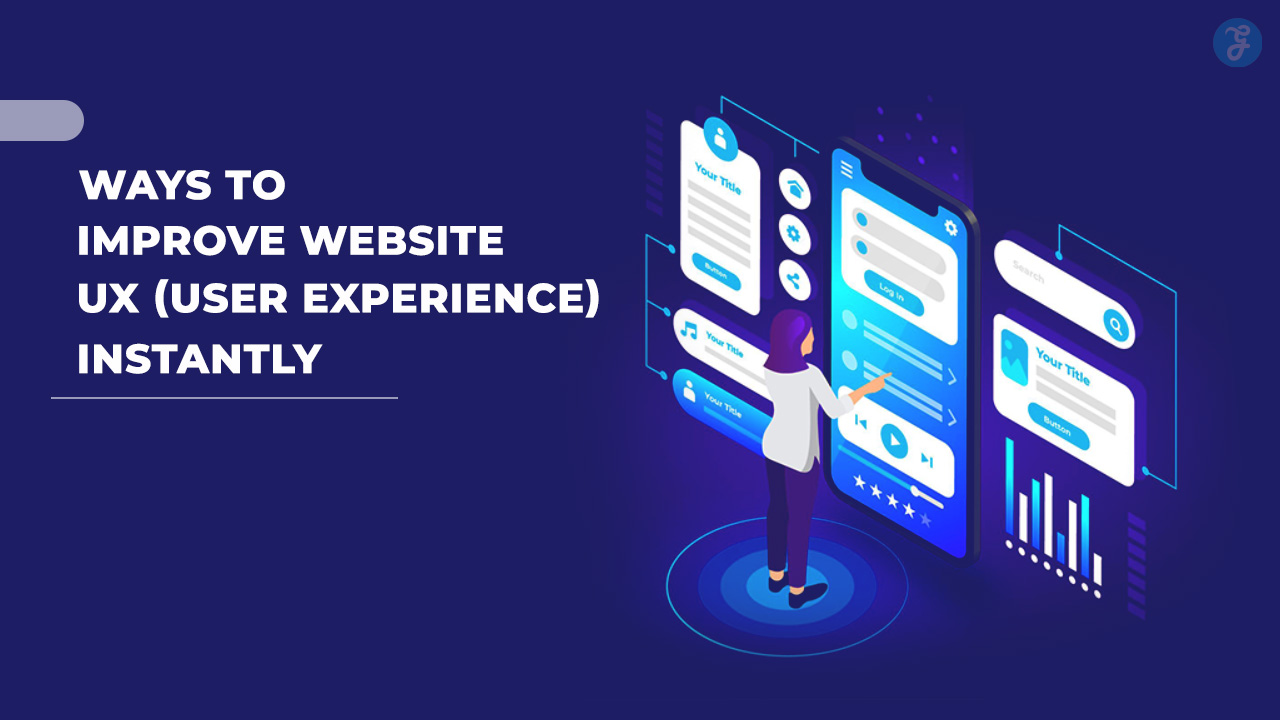Federal prosecutors have accused Google of stifling significant competition by exploiting its big funds and position as the top internet search engine. This charge is now the subject of a trial in U.S. District Court in Washington, D.C., which began on Tuesday and could have a big influence on the IT industry.
The Gazette spoke with Martin Marshall Professor of Business Administration at Harvard Business School economist Shane Greenstein on the case’s intricacies. Greenstein analyzes competitiveness and economics in the digital economy and has written about the commercial evolution of the internet. This interview was edited for length and clarity.
Q&A
Shane Greenstein
GAZETTE: What is Google accused of, and why is this case generating so much buzz?
GREENSTEIN: This is the DOJ’s most important antitrust case since the late 1990s. Second, making money in the United States is not unlawful, and they are not being sued for it. That is something you will occasionally hear analysts say, and it is completely incorrect. It is OK to be successful; it is also acceptable to be innovative. This is something else that folks say from time to time. They are not being accused of being overly creative.
In this case, antitrust law is primarily concerned with two issues. Has a company achieved a level of success that qualifies it as a monopoly? Has the monopoly exploited its dominant position by abusing the competitive process?
That’s quite subtle. Let’s dissect it: First, the government prosecutors must meet a legal bar for demonstrating the firm’s leadership position. It must demonstrate by a large margin that it developed and maintained a monopoly. And, as clear as it may seem to some, that is frequently where the majority of the legal battle takes place. Because if Google can define the market in such a way that they persuade the judge that they are in a highly competitive environment and may lose market share at any time, the judge may conclude, “Well, then, they don’t have a monopoly.”
If, on the other hand, the prosecution can persuade the judge that Google is in such a position that it does not need to be concerned about losing significant market share to a competitor, the monopoly can be maintained. That will be the very first issue to be litigated.
“According to the Most Recent Figures, Google Is the Default Search Engine for 80 to 90 Percent of Everything in the United States.”
GAZETTE: Why has the DOJ targeted Google rather than another prominent tech firm?
GREENSTEIN: I completely understand why this case was filed. Did they adopt actions that harmed the competitive process after achieving a dominant position? It is their acts that they are accused of. Google enters contracts for default settings with phone and computer providers. Not everyone, but the vast majority of gadget manufacturers and distributors. Concerns have been raised that these contracts make it impossible or exceedingly difficult for new entrants who would compete with Google to bring their new services in front of people. That is the charge.
GAZETTE: Exclusive or allegedly anti-competitive contracts?
GREENSTEIN: Yes, it is anti-competitive. It is about the specifics of the default. These contracts govern the defaults on systems when you acquire them, such as when you buy a PC or a smartphone, as well as the appearance of such defaults in the contracts. According to the most recent statistics, Google is the default search engine for 80 to 90 percent of everything in the United States. Contracts with Apple, in my opinion, are the most troublesome.
GAZETTE: What are Google and the DOJ most likely to disagree about?
GREENSTEIN: Google will argue that these default settings make the user experience more fluid and less jarring. A default must be established. Search engines are the default for many applications on practically all devices. As a result, if something has to be set, they’ll say, “What’s wrong with having them as the default? People want it nonetheless. If they’re doing things to help users achieve what they want, that’s not an antitrust infringement.” That will essentially be their argument.
The Department of Justice will claim that the default contracts are excessively restrictive. They do not provide users with options. When it comes to defaults, users often make them at the time they purchase the item. As a result, these contracts discourage consideration for any other default, making it difficult, if not impossible, for an alternative to get a footing and build a market.
There are a lot of contracts. There is an agreement with AT&T and an agreement with Verizon. Each and every Android user has one. The one involving Apple has received the most attention. I have to agree – that’s the one that raises the most eyebrows if you’re an antitrust enforcer.
Nobody in the smartphone business is more dominating than Apple’s iPhone in the United States. Its main rival is Android, which is backed by Alphabet, Google’s parent company. Apple has a deal with Alphabet to make Google its default search engine. This is the section that most professionals who look at this are concerned about: Google compensates Apple based on the number of searches generated by those searches. The quantity of money that has changed hands over time is enormous.
It is not only for smartphones, but also for Apple PCs. It was almost $10 billion last year, with the majority of that going to the iPhone. Additionally, you can also read about- Google Antitrust Trial: A Major Challenge for the Tech Giant
GAZETTE: So they claim to have controlled the smartphone industry since they possess the Android operating system, and they’ve locked down iPhones through these contracts?
GREENSTEIN: To be fair, capture is a strong word. On your smartphone, you can alter the default. It is not a simple task. But consider this: Apple and Alphabet are competitors in the smartphone market, and yet here they are, trading money to change the design of a competitor’s device.
Apple’s design is the most likely replacement for the Android design. That is extremely suspicious. Two competitors are sharing ideas and deciding on the same feature. In monopolized markets, this is not permitted. This is the principle at risk, and it is for this reason that they are being hauled to court. Google’s reaction is that this benefits users, and why shouldn’t we compensate them, just as a goods provider compensates a grocery store for shelf placement of its products? Then they’ll have to demonstrate that it benefits users. The DOJ will respond, “Had you not done this, Apple could have created their own search engine or entertained offers from others.” Money shifting hands changes incentives.”
“Google Will Argue That These Defaults Make the User Experience More Seamless and Less Full of Friction.”
GAZETTE: Some claim that Microsoft’s influence and reputation were never entirely restored following the court battle with the DOJ. Could Google experience a similar fate?
GREENSTEIN: This is a legitimate worry among many others. One thing Google should be concerned about is negative publicity. Brands are extremely important, and incidents like these have a significant negative impact on them. That’s why I’m shocked Google consented to go to court in the first place. I anticipated them to settle out of court since they are endangering their brand. To some extent, so is Apple, although they aren’t even mentioned in the action.
No. 2, there are the contracts themselves, as well as the method business is conducted. It’s in a lot of their things, so if the court determines that Google can’t utilize these kinds of contracts, that’s a significant deal.
No. 3, there is a risk of damage. If the court rules that not only can Google not use these contracts, but it also blocked all of this entrance for the last X number of years, and that entry could have made this big impact, the court could come up with an astronomical estimate of damages. The amount of money at stake might be mind-boggling.
GAZETTE: What changes might Google users notice?
GREENSTEIN: It may alter the process the day you purchase a smartphone; it may alter the process each time you purchase an Apple PC. That is something you might see in the future. I don’t think you’ll see anything like that in the next few months because this will take a long time.
GAZETTE: That means Google may no longer be the default search engine on their cellphones and laptops, or that it may be removed entirely?
GREENSTEIN: You’d have choices. That would occur throughout the United States, but not necessarily globally. This is another reason I was surprised Google let this go to court. It will make public a slew of details and arguments that would make it easier for the European Union to potentially implement administrative laws with similar goals. As a result, there are some significant dangers for Alphabet here. Nonetheless, they believe they have a strong case..
GAZETTE: Does this case have consequences for the whole IT industry?
GREENSTEIN: Yes. This default issue has arisen in other circumstances where businesses establish monopoly power. All of the Big Five are concerned about the legality of their default settings. Amazon does a little bit, and Facebook does a little bit. Apple most emphatically does. In terms of apps, Apple must be keeping a careful eye on this. Investors are waiting to see if the leadership is distracted. In the Microsoft case, this was apparently true.
Furthermore, these types of instances tend to bring to light many aspects regarding how company is conducted. Some in the industry may have hypothesized about those aspects, but they did not have complete information. As a result, the analyst and investor communities are keeping a careful eye on this since they will discover crucial information. Certainly, I’ll be reading about it every day. Of course, investors are concerned. Apple and Google are also at risk here, both directly and indirectly.










































